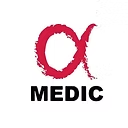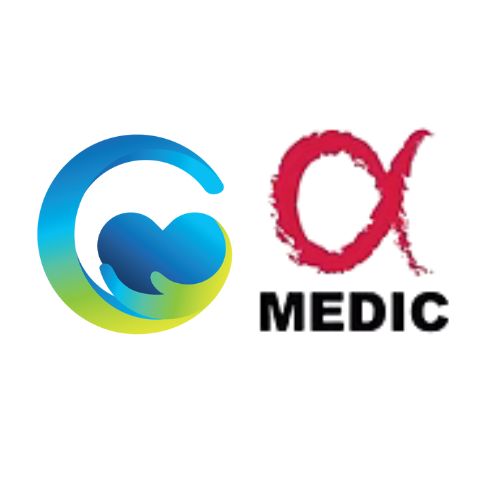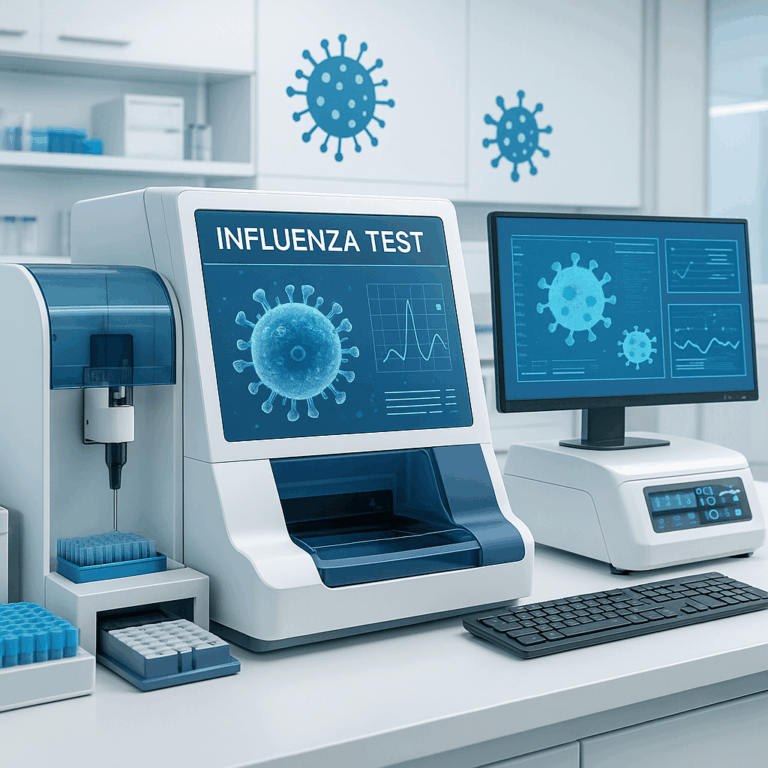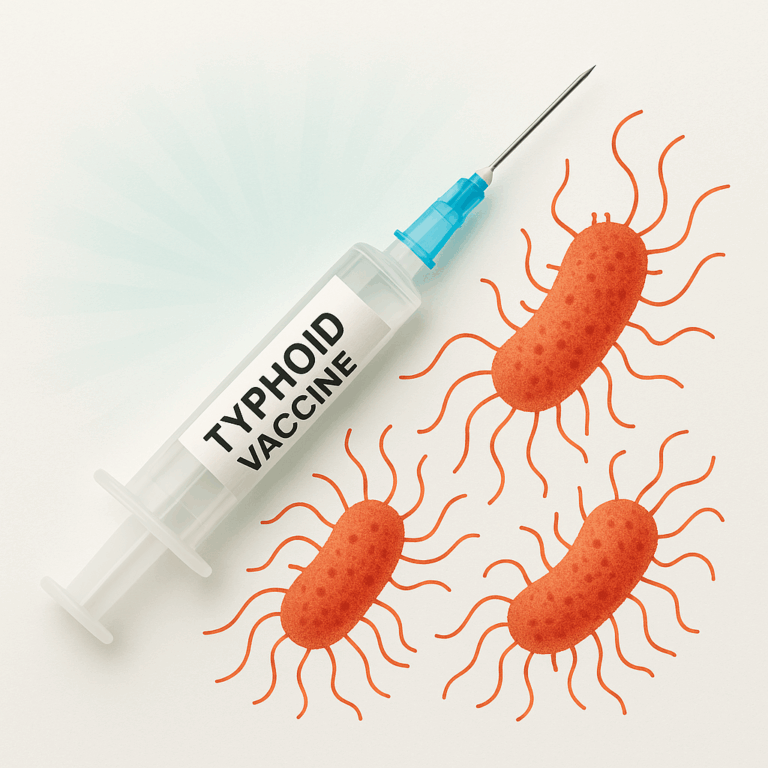Get In Touch With Us
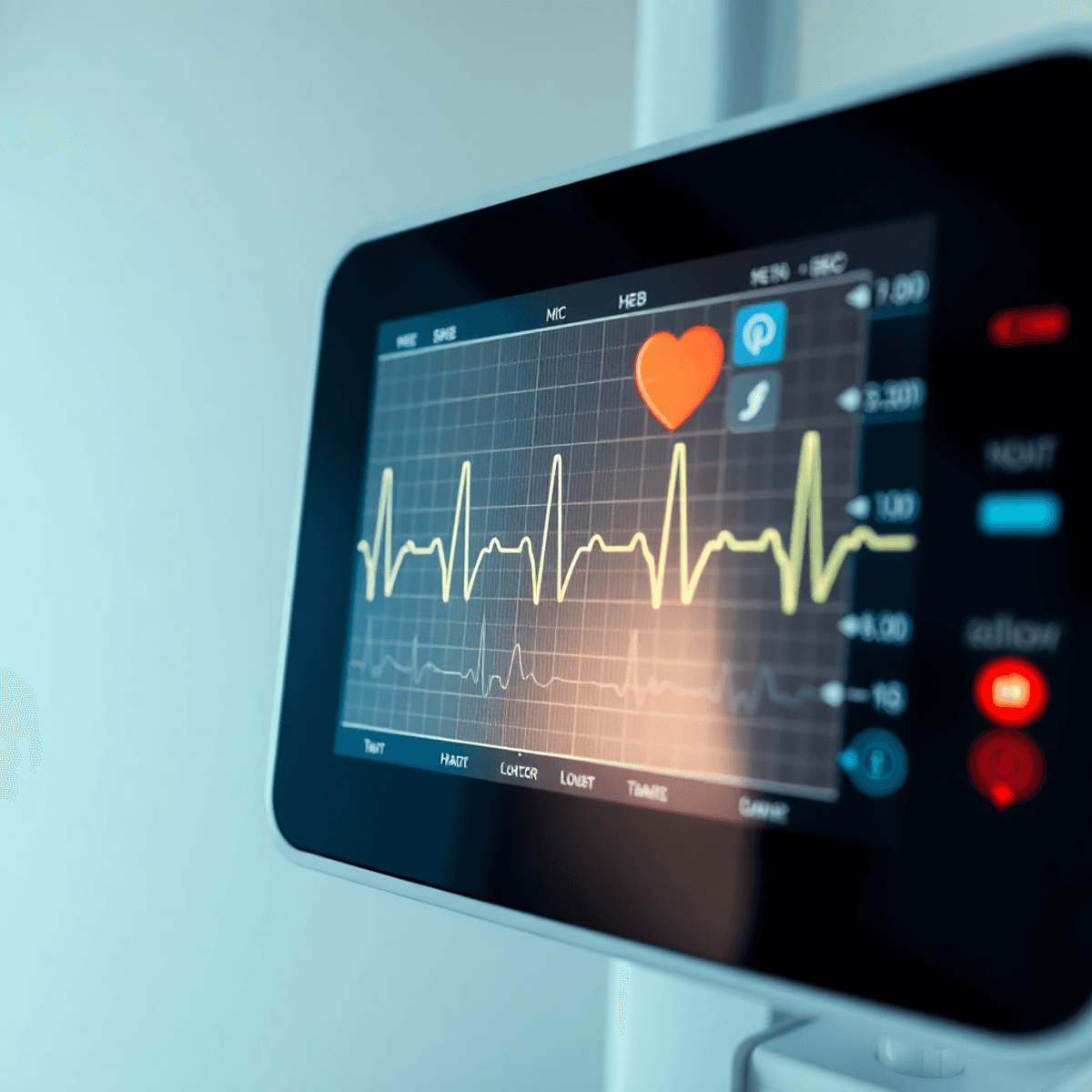
ECG & Heart Health Screening: Your Key to a Longer, Healthier Life
Discover how ECG & heart health screenings help detect issues early, enabling timely care for a longer, healthier life.
An Electrocardiogram (ECG) is a simple, non-invasive test that records the electrical activity of the heart. This vital tool plays a crucial role in monitoring cardiovascular health by detecting irregular heart rhythms, signs of heart damage, heart attack and other abnormalities.
Heart health screening serves as a cornerstone of preventive care, aiming to identify potential cardiac issues before symptoms arise. By integrating ECG into routine screenings, healthcare providers gain valuable insights that support early intervention strategies.
This article delves into the significance of ECG & Heart Health Screening as essential components for maintaining heart health. Readers will discover how ECG testing contributes to longer, healthier lives through timely detection and management of cardiovascular conditions.
In addition to heart health screenings via ECG, other preventive measures such as regular blood test for cholesterol are also crucial for heart health.
Understanding the ECG Test
The Electrocardiogram (ECG) test is a vital tool in monitoring heart health and diagnosing cardiac abnormalities. Here are key points to understand about this procedure:
1. Quick and Non-Invasive Procedure
An ECG is a simple and painless test that involves placing electrodes on the chest, arms, and legs to record the heart’s electrical activity. It provides valuable information about the heart’s rhythm and rate.
2. Detecting Abnormalities
By capturing the electrical signals of the heart, an ECG can identify irregularities such as arrhythmias (irregular heartbeats), signs of heart attacks, or structural abnormalities that affect heart function. This helps healthcare providers assess cardiac health and plan appropriate interventions.
3. Versatile Settings
ECGs are commonly performed in various healthcare settings, including medical offices, hospitals, and ambulances. With advancements in technology, ECGs have also become accessible through wearable devices like smartwatches and portable monitors. This evolution allows for continuous monitoring of heart activity outside clinical environments.
Understanding the significance of ECG testing in evaluating heart health can empower individuals to proactively engage in preventive care measures to maintain optimal cardiovascular well-being. For instance, regular check-ups through general consultation services can help monitor overall health including heart conditions.
Moreover, maintaining a healthy lifestyle can reduce the risk of heart diseases. Additionally, certain vaccinations like the influenza vaccine can help prevent illnesses that might complicate existing health conditions. Staying informed about your health by regularly seeking expert medical advice is crucial for maintaining well-being.
The Importance of Heart Health Screening
Routine heart health screenings are crucial for finding potential heart problems early on. The goal is to prevent serious issues and improve outcomes. Here are some key points to consider:
1. Early Detection for Timely Intervention
Heart health screenings, including ECG tests, are vital for early detection of abnormalities like arrhythmias or signs of heart attacks. This enables healthcare providers to intervene promptly and implement preventive measures to reduce the risk of cardiovascular events.
2. Integration into Primary Care Practice
Heart health screenings, such as ECGs, are seamlessly integrated into standard primary care practice. They serve as essential tools for healthcare professionals to assess cardiovascular health, especially in individuals with risk factors for heart disease.
3. Benefits of Early Detection
Early identification of cardiac issues through screenings allows for timely intervention and tailored management plans. This proactive approach can help prevent the progression of heart conditions, ultimately promoting longer and healthier lives.
Moreover, these screenings are part of a broader spectrum of regular health screenings that offer numerous benefits such as early detection and better overall wellness. By emphasizing the importance of routine heart health screenings, individuals can take proactive steps towards maintaining optimal cardiovascular health and reducing the burden of cardiovascular disease in the long term.
Who Should Consider ECG Screening?
Risk factors play a crucial role in determining who should consider ECG screening for cardiovascular disease:
1. Intermediate/High Risk Individuals
Those with risk factors like older age, male sex, high blood pressure, smoking, abnormal lipid levels, diabetes, obesity, and physical inactivity are prime candidates for ECG screening. These individuals can benefit from the ECG Test offered by healthcare providers.
2. Use of Risk Assessment Tools
Tools such as the Pooled Cohort Equations help healthcare providers evaluate the 10-year cardiovascular disease risk of individuals. This aids in identifying those who would benefit most from ECG screening.
By focusing ECG screenings on those with identifiable risk factors or symptoms of heart problems, healthcare providers can effectively target individuals who stand to gain the most from early detection and intervention strategies. For comprehensive health evaluations including General Medical Examinations, it’s essential to utilize a range of health screening packages tailored to individual needs.
Benefits and Limitations of Routine ECG Screening
Routine ECG screening offers several clinical advantages, particularly in enhancing cardiovascular risk prediction. Detecting abnormalities such as left ventricular hypertrophy, silent arrhythmias, or previous myocardial infarctions can provide valuable insights beyond traditional risk factors. These findings may prompt earlier lifestyle modifications or medical interventions, potentially preventing adverse cardiac events.
Advantages of Routine ECG Screening
- Improved Risk Assessment: Identifying subtle electrical changes helps refine individual risk profiles, guiding personalized management plans.
- Silent Disease Detection: Some conditions like atrial fibrillation can be asymptomatic but carry significant stroke risk; early detection through ECG can reduce complications.
Despite these benefits, limitations must be carefully considered to avoid unintended consequences associated with routine screening:
Limitations of Routine ECG Screening
- False Positives in ECG Testing: Abnormal ECG results do not always indicate actual heart disease. False positives can lead to unnecessary anxiety for patients and additional diagnostic procedures that may be invasive or costly.
- Overdiagnosis and Overtreatment: Minor abnormalities detected might not require intervention but could trigger further testing or treatment, increasing healthcare burden without clear benefit.
- Limited Evidence for Asymptomatic Low-Risk Individuals: In people without symptoms or significant risk factors, routine ECG screening has not consistently demonstrated improved outcomes, highlighting the importance of targeted rather than universal application.
Balancing these benefits and limitations is essential to maximize the value of ECG screening within comprehensive heart health strategies.
In addition to cardiovascular health, it’s also important to consider other aspects of health such as vaccination. For instance, typhoid vaccination is crucial for those traveling to areas where typhoid fever is common. Furthermore, if you’re feeling fatigued or dehydrated, Intravenous Drip Therapy (IV Drip) can provide rapid hydration and essential nutrients directly into your bloodstream for faster absorption and maximum effectiveness.
Integrating ECG Results with Overall Cardiovascular Risk Management Strategies
ECG findings provide critical insights that enhance traditional cardiovascular risk assessments. When combined with factors such as age, blood pressure, cholesterol levels, smoking status, and diabetes history, ECG results help healthcare providers develop personalized preventive measures based on ECG findings.
Key areas influenced by ECG data include:
- Diet and Exercise Modifications: Identification of electrical abnormalities or signs of left ventricular hypertrophy may prompt recommendations for tailored physical activity routines and dietary adjustments aimed at improving heart muscle function and reducing strain.
- Lipid Management: Abnormal ECG patterns suggesting ischemic changes can encourage more aggressive lipid-lowering strategies through statins or lifestyle changes to prevent progression of coronary artery disease.
- Hypertension Control: Detection of hypertensive heart disease indicators on an ECG often leads to intensified blood pressure management to reduce cardiac workload and prevent complications such as heart failure.
Using ECG alongside clinical risk factors creates a more comprehensive picture of cardiovascular health. This integrated approach enables timely interventions that align with an individual’s unique risk profile, supporting proactive management rather than reactive treatment. It also offers patients clearer guidance on lifestyle choices and medication adherence tailored specifically to their heart’s electrical activity patterns. For more information on how these lifestyle changes can be effectively implemented, you might want to explore some resources available in the health category which provide valuable insights into managing cardiovascular health.
Advances in ECG Technology: From Holter Monitors to Wearable Devices
Innovations in continuous heart rhythm monitoring with wearable technology have transformed the landscape of ECG & Heart Health Screening. Traditional Holter monitors, which record heart activity over 24 to 48 hours, laid the groundwork for extended cardiac monitoring. These devices capture intermittent arrhythmias that might be missed during a standard ECG performed in a clinical setting.
Conclusion
Taking charge of your heart health through a proactive heart care strategy, including regular ECG screenings, can pave the way for a longer and healthier life. By staying informed, engaging in open discussions with healthcare providers, and embracing preventive measures, you empower yourself to make impactful choices that benefit your overall well-being. Remember, investing in your heart health today ensures a brighter and healthier tomorrow.
